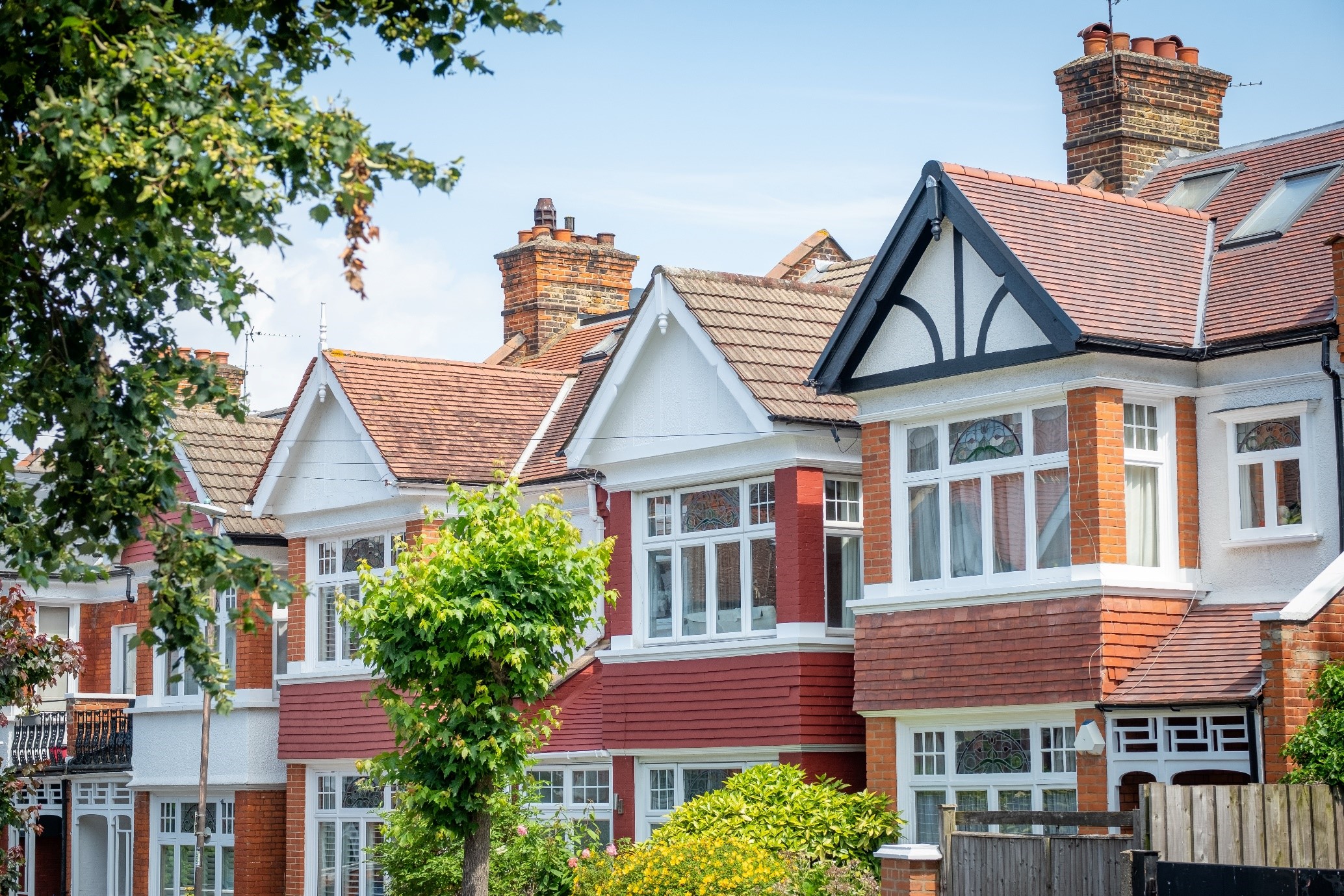
Sharon Parker, 21 May 2025

As a residential property developer, it’s likely you’ll have sought professional advice regarding the tax and legal implications of your intended activities. However, you may not be quite so familiar with the complex VAT rules in this area and specifically regarding certain reliefs and beneficial VAT treatments that may be available. Below we explore a few of the ways in which careful VAT planning may be used to achieve financial savings (noting that this article relates to property developers intending to sell or rent out a completed property, not to use it as their own residence, where other VAT rules may apply).
Where you engage a contractor to construct a new building in the form of one or more dwellings, their services will (for the most part) not be chargeable to VAT, due to falling within the zero-rated VAT liability. The zero-rate of VAT will also apply to most building materials which the contractor supplies and incorporates into the building (with the exception of certain specifically excluded items such as white goods and carpets). However, zero-rating won’t apply to the equivalent building materials if you source them from somewhere else, in which case they’re likely to be subject to VAT at the standard rate of 20%. Even for developers who are VAT registered and entitled to recover VAT on relevant materials, there is a clear cashflow benefit to be derived from purchasing materials at the zero rate of VAT through the Agreement you put in place with your contractor.
VAT tip: Agree with your contractor that they will supply all the relevant building materials to benefit from the zero VAT rate.
The services of building contractors in constructing a building comprising a dwelling or number of dwellings are zero-rated for VAT. However, the zero VAT rate doesn’t extend to associated professional services upon which VAT will be incurred at the standard rate of 20%. This applies to services received from architects, surveyors, consultants, and anyone acting in a supervisory capacity. In some instances, it may be possible to achieve zero-rating for these services by means of a ‘design and build’ contract whereby the main building contractor agrees to supply the professional services as part of the overall Agreement for construction services. The third-party consultants will invoice the contractor, and the contractor will provide a single zero-rated supply of construction, including the professional services. Since the professional services are treated as ancillary elements of the main building services, the whole project is treated as a single zero-rated supply of construction. The contractor will be entitled to recover the VAT they incur on the third-party professional fees on their VAT return. This is on the basis that the VAT is attributable to a zero-rated supply of construction services.
VAT tip: Discuss the possibility of a design and build contract with your contractor to mitigate VAT costs on professional fees.
Where a land owner sells a VAT exempt plot of land to a property developer who intends to construct dwelling(s) (e.g. a house or block of flats),the landowner will be restricted on recovering VAT they incur on associated costs, e.g. professional fees which are attributable to the exempt sale of land. However, if it’s agreed that the seller will commence the construction works to above foundation level, (this is generally taken to mean a row of bricks above ground level), the seller takes on ‘person constructing’ status. When they sell a major interest (freehold or lease exceeding 21 years) in the partly constructed building to the developer, the sale will be zero-rated for VAT as the first grant of a major interest by a person constructing the building. The seller will then be entitled to recover the VAT incurred on professional services, etc relating to the sale of the site on the basis that the VAT incurred is attributable to a zero-rated, rather than exempt supply. This is known as a ‘golden brick’ arrangement.
VAT tip: Consider whether it would be advantageous to commence construction to golden brick stage when selling a site to a developer who intends to construct residential accommodation.
Where you construct dwellings intended for sale, you may decide to proceed with short term leasing of the property whilst you seek to identify a potential buyer. Since the grant of an assured shorthold tenancy is VAT exempt, this can result in a clawback of VAT relating to constructing the property that was previously recovered, e.g. VAT incurred on professional fees. However, by granting a zero-rated major interest in the property (freehold or lease exceeding 21 years) to an associated company which is incorporated specifically for this purpose, there will be no such clawback of historic VAT, which will remain protected. The associated company will be restricted on recovering ongoing costs relating to the leasing activities, but it will not have incurred VAT on the transfer of the property.
VAT tip: Where you construct residential accommodation consider selling the property to an associated company prior to undertaking any leasing activities.
The tips above are just some of the ways in which careful VAT planning can be used to obtain a financial advantage. However, please note that this is just a snapshot. The VAT rules on land and property are highly complex with extensive underlying guidance. Please ensure to seek appropriate advice prior to implementing any of our suggestions.
The Lubbock Fine VAT team is well equipped to assist with this and has many years of experience advising clients on their property arrangements. For a confidential discussion, please get in touch with our VAT Director, Sharon Parker (Sharonparker@lubbockfine.co.uk)